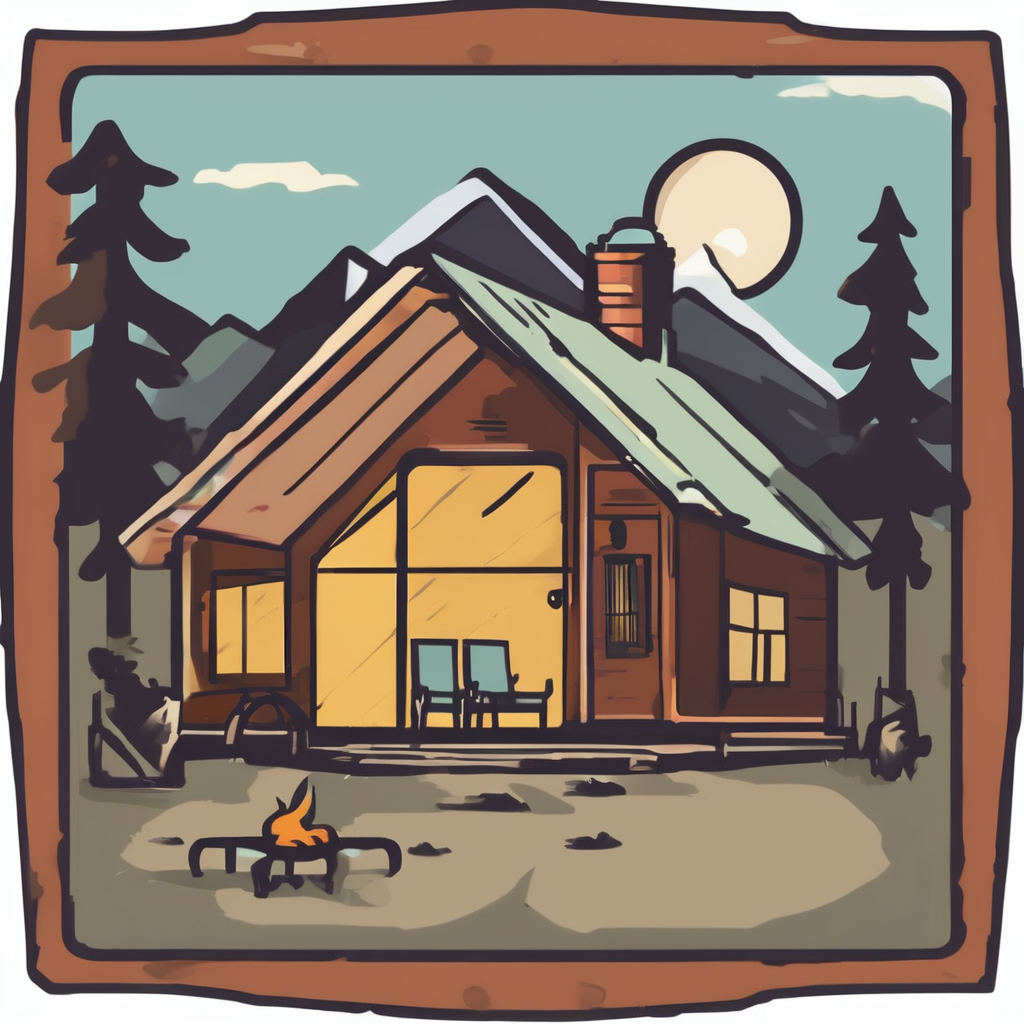Distinctive Camping Traditions in the UK
Camping across the UK is steeped in a rich tapestry of traditional camping customs that differ markedly by region. These unique UK camping rituals reflect both the country’s diverse landscapes and its layered history. For example, in the Scottish Highlands, campers often engage in communal storytelling around open fires, a nod to ancient Celtic gatherings that celebrate local folklore. Meanwhile, in the Lake District, it is common to observe campers partaking in dawn hikes, a ritual tied to the area’s longstanding appreciation of natural beauty and poetic heritage.
Beyond these longstanding traditions, modern elements have been woven into British camping culture. The rise of eco-conscious practices, such as Leave No Trace principles, has become a key ritual among many UK campers, blending respect for nature with time-honored customs. This fusion exemplifies how camping culture evolves while honoring its roots.
Have you seen this : What are the Best Ways to Make the Most of a Camping Adventure in the UK?
Geography distinctly shapes these practices. Coastal campsites in Cornwall often emphasize seafood cookouts as part of their outdoor routines, illustrating how the landscape influences local camping habits. Understanding these traditional camping customs not only enriches the camping experience but also deepens awareness of the UK’s cultural identity as expressed through its outdoor pursuits.
Region-Specific Rituals and Celebrations
Camping traditions in the UK vary widely, reflecting the rich cultural tapestry across Scotland, Wales, England, and Northern Ireland. These regional camping customs not only celebrate nature but also connect communities deeply to their local environments.
Topic to read : What are the best UK coastal campsites for beach lovers?
In Scotland, campers often partake in celebrations linked to the rugged Highlands, such as bonfire nights that honor ancient rites tied to the land. Wales offers unique mountain festivals where group hikes culminate in communal storytelling and traditional music around the campfire, demonstrating how area-specific activities enhance the camping experience.
England’s local camping festivals frequently revolve around historical reenactments and seasonal harvest events. These local camping festivals in the UK highlight regional heritage and include craft workshops, fostering community spirit among campers and locals alike. Meanwhile, Northern Ireland hosts annual gatherings with a focus on coastal camping, emphasizing fishing contests and sea-themed challenges that highlight the maritime culture.
These community gatherings serve more than just recreational purposes. They strengthen bonds between residents and visitors, promote environmental stewardship, and preserve distinctive regional customs. Annual events often feature competitions, shared meals, and ceremonies that invite campers to celebrate both nature and local identity, making camping a deeply immersive cultural experience across the UK.
Evening Gatherings and Storytelling Practices
In the UK camping storytelling tradition, evenings play a central role as campers come together to share experiences and stories around the campfire. These gatherings often unfold with a strong sense of community, where the warmth of the fire complements the shared warmth of communal tales.
Campfire traditions vary across UK regions but commonly involve recounting local folklore and oral histories, which enrich the stories told. For instance, in parts of Scotland and Wales, legends of mythical creatures and ancient heroes frequently arise, while English campsites might highlight tales connected to rural life or historical events. These narratives connect participants to the landscape, offering both entertainment and a form of cultural preservation.
Another essential element of evening rituals is the presence of communal meals. Food brings everyone together physically, just as storytelling bonds them emotionally. The shared dining experience often sparks new stories or memories, which campers eagerly pass on.
By embracing diverse storytelling styles and subjects, UK camping storytelling fosters a unique environment where shared experiences deepen the appreciation of both the outdoors and the cultural heritage embedded in these tales. This practice ensures that oral traditions remain vibrant, adapting naturally within the relaxed atmosphere of camping life.
Culinary Customs and Food Rituals
When camping in the UK, camping food takes on a unique cultural flavor, blending traditional British campfire recipes with local ingredients. Campers often embrace hearty, rustic dishes that are easy to prepare outdoors yet rich in regional character. For example, popular traditional dishes include stews made with locally sourced vegetables and meats, or classic baked beans and sausages cooked over the fire. These meals not only satisfy hunger but also connect campers to British culinary heritage.
Meal planning follows deliberate rituals, such as collectively deciding menus and organizing ingredients for efficient cooking. Sharing food around the campfire fosters a sense of community, with everyone contributing to preparation and enjoying the warmth of both the fire and companionship. These rituals strengthen bonds and enhance the outdoor experience beyond mere sustenance.
Local ingredients profoundly shape camping menus by imposing seasonality and regional availability. Campers might gather wild herbs, mushrooms, or fresh seafood, depending on location. This tradition promotes not only sustainability but a deeper appreciation of land and culture, making British campfire recipes rich in both flavor and meaning.
Contemporary Rituals and Evolving Practices
Camping culture in the UK is undergoing a fascinating transformation, driven by modern camping habits UK enthusiasts who blend tradition with innovation. One notable shift is the influence of technology and social media on camping rituals. Campers now often document and share their experiences online, turning solo or family trips into communal storytelling sessions that inspire new ritualistic behaviors. This has led to the popularisation of activities such as evening group video calls around the fire or livestreaming star-gazing sessions, creating a shared digital experience alongside the physical one.
Another significant trend is the rise of eco-friendly practices embedded in these new camping traditions. Sustainability has become a cornerstone for many campers, who adopt practices like zero-waste camping, use of biodegradable products, and setting up solar-powered equipment. These practices form part of the evolving changing camping culture where respecting nature isn’t just encouraged but ritualised through daily habits, such as designated clean-up times and mindful wildlife observation.
New camping communities have also contributed fresh rituals that reflect their values and experiences. For instance, some groups start their trips with collective mindfulness or gratitude sessions, promoting a deeper connection with the environment and fellow campers. Others initiate “skill-sharing circles” where members teach and learn essential outdoor skills, fostering a culture of support and continual learning. These evolving practices highlight how new camping trends marry the essence of tradition with contemporary values of community, technology, and sustainability, reshaping what camping means for today’s adventurers.

